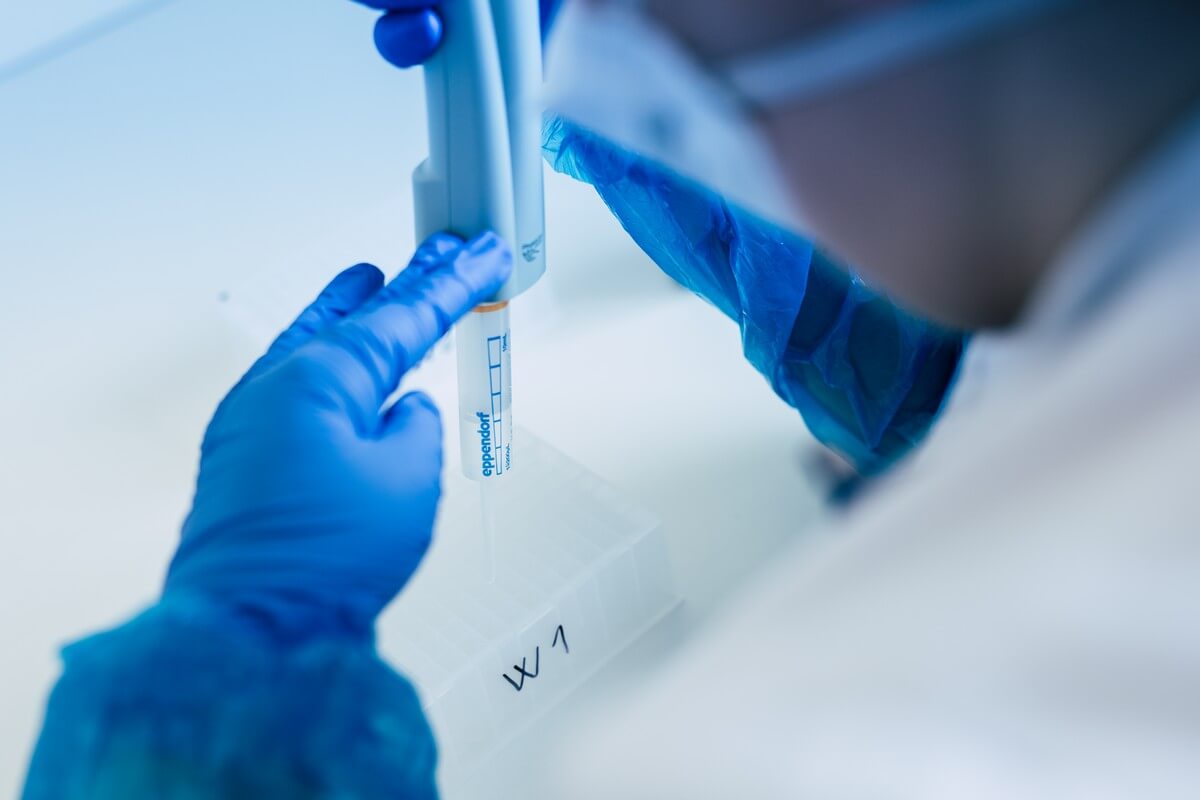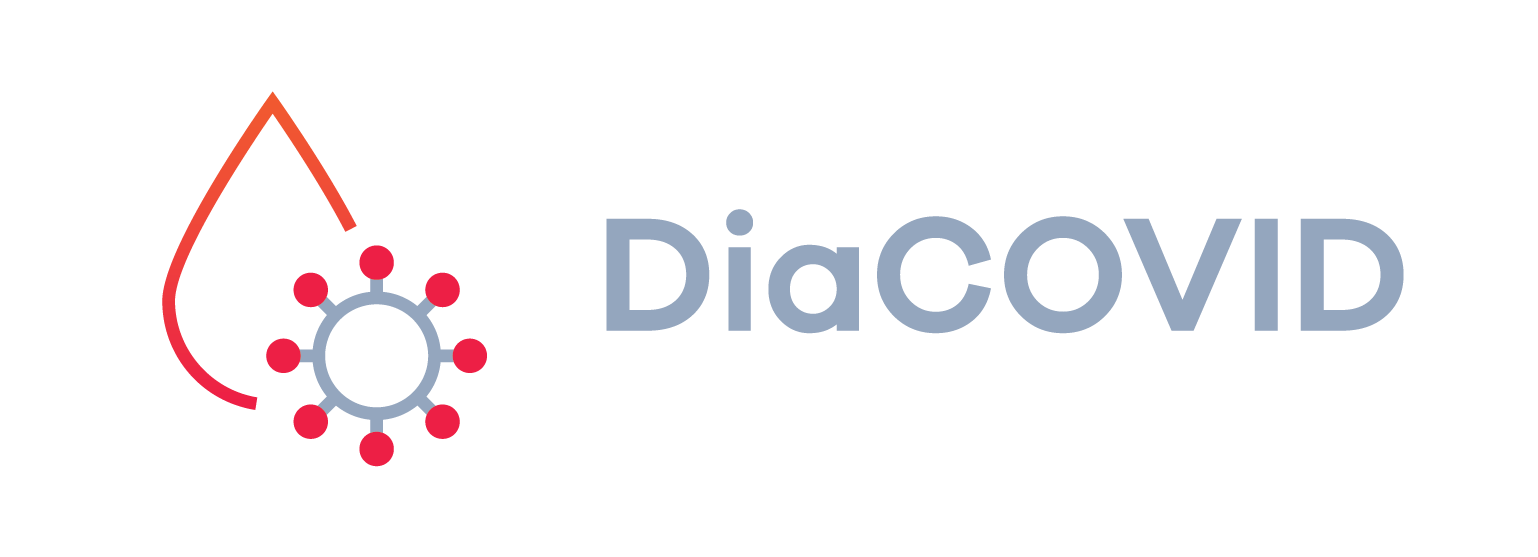About the project
| Project name | Severe lifestyle diseases and COVID-19 |
|---|---|
| Acronym | DiaCovid |
| Project code | 313011AVH7 |
| Co-financed | The project is co-financed by the European Union |
| The program | Operational Program Intergraded Infrastructure |
| Provider | Managing authority: Ministry of Transport and Construction of the Slovak Republic, |
| Call code | OPII-VA/DP/2020/9.2.-01 |
| Beneficiary | MEDIREX GROUP ACADEMY n.o. |
|---|---|
| Registered office | Novozámocká 1/67, 949 05 Nitra |
| Company ID | 37 986 805 |
| Total eligible expenses for the implementation of project activities | 2 096 913,17 € |
| The amount of non-returnable financial subsidy provided | 1 992 067,51 € |
| Project implementation period | 10/2020 – 06/2023 |
| The location of project implementation | SR/Nitriansky kraj/Nitra |
The DIACOVID project
The aim is to conduct research and development of serious lifestyle diseases (also known as civilization diseases) and their complications caused by acute viral diseases (COVID-19 will serve as a model in order to gain new knowledge also applicable to other similar diseases) to gain understanding enabling the support and development of clinically applicable innovative procedures for the treatment of patients suffering from a combination of these diseases.

Interesting facts about the project
Subject of research
The project will be implemented by the applicant – MEDIREX GROUP ACADEMY n.o. (the location of implementation – Nitra) within the scope of an international cooperation with a top team of scientists at the Charles University in Prague. The research and development activity of the submitted project (independent research and development) is defined as an additional joint “work package” increasing the potential of the MiCoBion international project to contribute to combat the COVID-19 pandemic.
The project examines the relationship between model severe lifestyle diseases (diabetes mellitus and inflammatory bowel disease) and COVID-19.
The latest knowledge obtained in the original work packages of the MiCoBion project (Microbial Communities in Biomedical and Environmental Areas, and Systems Biology); (https://cordis.europa.eu/project/id/810224), will also contribute to the research into the relationship between the two diseases, in particular, the new findings in the field of RNA virus research.
Comprehensive
The ongoing COVID-19 pandemic is perceived as an independent clinical entity in the society as a whole, but also from the medical perspective. However, it should be noted that no “variable” that could be characterised as “linear “, such as age, weight, or physical condition does always predict the severity of the course of the disease, certainly not for all groups of the population. Comprehensive clinically relevant information should be taken into account in the prognosis or prediction of the course of the disease. These include the prevalence of severe but relatively common comorbidities, most often caused by lifestyle diseases (diseases of civilization), such as diabetes or inflammatory bowel disease.
Overall project direction
The project will comprise the following research activity:
- sample collection and research into the course of COVID-19 in the context of lifestyle diseases (diabetes and inflammatory bowel disease),
- introduction and validation of genomic sequencing procedures with different application outputs (genome/metagenome/transcriptome/ metatranscriptome),
- identification of new biomarkers to be used in personalized medicine,
- introduction and validation of methods for rapid screening of identified biomarkers useful in routine clinical practice.
Genomic analyses
For example, patients with COVID-19 who also suffer from diabetes with severe complications have been shown to have an increased risk of severe course of the disease and a mortality rate higher almost by the factor of 20 compared to the general population. Detailed information about the health condition of an individual and his/her biological capabilities in terms of the ability to respond (not only) to acute respiratory diseases can be obtained directly or indirectly through the so-called genomic analyses. These can potentially be used to identify biomarkers applicable in personalized medicine, as they can simultaneously provide information not only about the genetic makeup of a particular individual (the host genome)
but also his/her response to acute respiratory disease at the tissue level (local host transcriptome) in combination with knowledge about a specific pathogen causing the disease (metagenome/metatranscriptome containing information on a specific pathogen) obtained in real time.
In the future, this type of information should provide the most comprehensive view of the patient to clinical specialists, whose task will be to determine the prognosis of the disease as accurately as possible and choose the most targeted therapy or possibly the tools to monitor treatment success.
